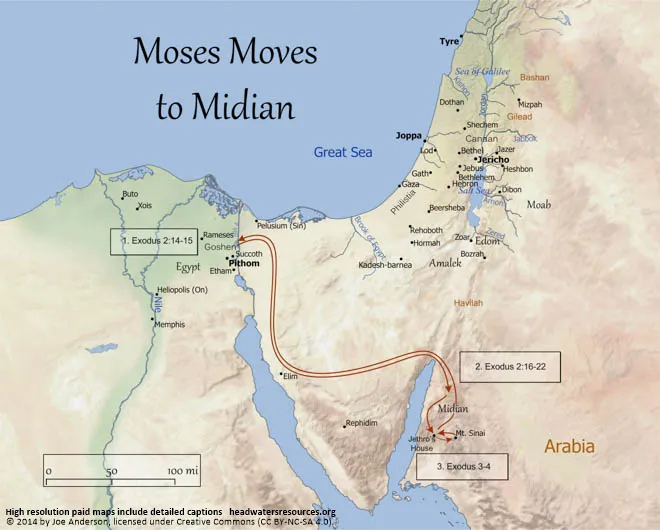Tuesday, July 18, 2023
(click here to listen to or read today’s scriptures)
Moses is born and becomes a man
Two Levites married, conceived, and she bore a son. She hid him for three months and then put the child in a papyrus basket. She placed it among the reeds in the riverbank. His sister (Miriam) kept watch from a distance.
The Hebrews, including the Levites, were forbidden to keep their male babies. All of them were to be drowned by their midwives. This cruelty didn’t seem to bother the pharaoh, who was worried that the Hebrews would overrun their captors. Like the slaveholders in the antebellum south, they did things to their slaves they would never have thought of doing to people in their family, tribe or race.
On Sunday our teacher Chris Thurman said, “Isms are often sins.” He meant racism, sexism, ageism, classism, ableism, heterosexism and others – attitudes that separate us and insist on false superiorities, and others’ inferiorities. On the contrary, he said, “All of us are God’s image-bearers, and nothing we DO or even ARE will ever change that.”
At the river to bathe, Pharaoh’s daughter noticed the basket among the reeds. Miriam came up and asked, “Shall I go and call one of the Hebrew women to nurse the child for you?” So she went and called the child’s own mother.
Such a sweet story, a simple deception to make things right. Slaves become more and more creative as they become more and desperate. We all do, actually. But the desperation is more readily at hand for the poor. Pharaoh’s daughter, rich and famous, had no need for deception or creativity.
When the child grew, his mother brought him to Pharaoh’s daughter, who adopted him as her son and called him Moses.
I imagine Moses had the confidence of a first-born son of a royal family. I also imagine him having trouble with even his own privilege, because he knew from whence he came. What a double-minded man he must have been.
When Moses was visiting his kinsmen, he saw an Egyptian striking a Hebrew. He slew the Egyptian and hid his body in the sand. Then the next day, as Moses tried to break up a fight between two Hebrews, they said to him, “Who has appointed you ruler and judge over us? Would you kill us as you killed the Egyptian?”
Moses’ loyalty was at complete cross-purposes. And no one seemed loyal to him. The pharaoh sought to kill him. The Hebrews didn’t trust him. He left the palace, and then he left his people, probably in the dark of night.
Moses fled to the land of Midian, whose people had not been kind to Hebrews in the past. But there he befriended seven daughters who were being hassled by some shepherds. The daughters told their father Jethro (also called Reuel) about him, and their father in appreciation gave his daughter Zipporah to Moses in marriage. Thus, Moses settled peacefullyinto a much quieter place than the palace in Egypt.
See, you lowly ones, and be glad. You who seek God, may your hearts revive! For the Lord hears the cry of the poor, and his own who are in bonds he will not spurn. If today you hear his voice, harden not your hearts.
(Exodus 2, Psalm 69, Psalm 95, Matthew 11)
(posted at www.davesandel.net)
#
